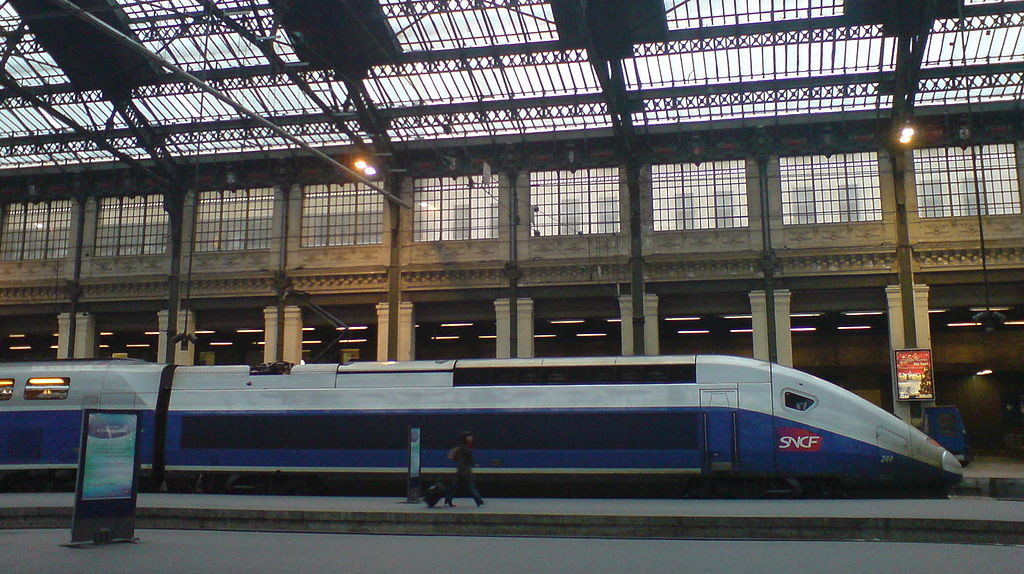Why are American trains so expensive and yet so slow? One factor that rail advocates often point to is the Federal Railroad Administration and its rail safety regulations -- rules that are finally on the verge of changing.
Antiquated regulations that date all the way back to the late 1800s (they were updated in the 1930s) compel American passenger rail operators to use trains designed like "high-velocity bank vaults," as former Amtrak CEO David Gunn once put it. While European and Asian railcars became lighter and sleeker in recent decades without compromising safety records, FRA rules continued to insist on heavy, slow, outdated, and expensive equipment.
That finally appears set to change with the FRA's release of new draft safety rules for traincars.
The FRA expects the new rules will enable railroads to use trains that are safer, more energy efficient, and cheaper to operate. The rules will allow American passenger train operators to purchase rolling stock designed to European safety standards (but not Japanese standards), without going through an expensive waiver process.
"It was an obstacle for all foreign railway manufacturers to bring any state-of-the-art trains into the country," said Alois Starlinger, a board member for the Swiss train maker Stadler Rail.
Building trains to unusual U.S. safety standards for the small American passenger rail market made rolling stock purchases needlessly expensive. Opening the door to standardized European train specifications will significantly lower prices.
Rail operators are expected to save hundreds of millions of dollars a year as a result, enabling them to invest more in operating train service and upgrading rolling stock and infrastructure. (Another factor driving up the price of trains for U.S. railroads is Buy America regulations, which increase the cost of equipment and the risk of manufacturing flaws but are not affected by the new rules.)
It's unknown why the new regulations spurned Japanese models, but Alon Levy, who blogs about transit issues at Pedestrian Observations, speculates that it's because Japanese safety standards focus more on crash avoidance than "survivability" compared to European standards.
Even so, reforming the FRA's old rules represents a welcome sea change in the way American regulators view train safety. Up until now, American safety standards were focused almost entirely on how trains hold up in the event of a collision. But in Europe and Asia, rail regulators and train makers have adopted a different approach to safety over time, putting a higher value on crash avoidance.
Lighter trains are easier to stop, for example. European and Asian train makers also modified designs so trains could absorb crash impacts using "crumple zones" and other techniques to minimize loss of life by managing the force of a collision without adding tons of weight.






